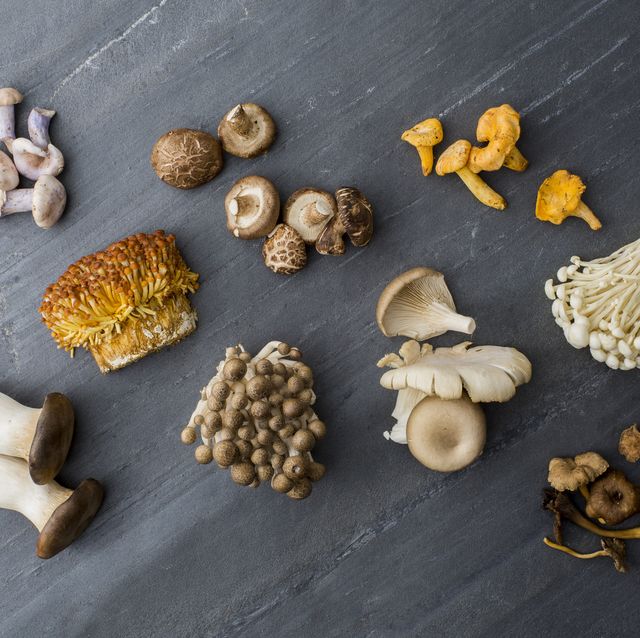Introduction: The reproductive structure that is produced by some fungi, is what forms a mushroom (sporophore). Its “seed” are in the form of microscopic spores which are in millions and form in the pores found underneath the mushroom’s cap. The spores can be blown away by wind or can be spread by animals and birds that come close to them. When the spores fall on a substrate that is suitable like wood or soil, the spores germinate into a network of microscopic root threads called mycelium that penetrate the wood or the soil which is their source of nutrients. They then settle there, normally for a considerable period of time, utilizing the available nutrients and producing the annual mushroom crop.
Mushroom is the common term used in reference to the edible sporophore, and hence one of the uses for functional mushrooms while the inedible and highly poisonous sporophore are referred as Toadstool.
Uses of Mushrooms
- A source of food
Mushroom has been sought by man for food for ages, the functional mushroom has also been discovered to have a chemical composition that has nutritional value to the human body. Mushrooms were initially sought for due to their unique flavors and palatability, but that has since changed as research shows that mushrooms can also be used in a diet to combat certain diseases.
- Vitamins
The edible mushrooms are a major source of vitamins particularly Vitamin B. Research carried out found out that wild mushrooms may contain a much higher amount of vitamin D2 than the greenhouse cultivated dark mushrooms, they also contain vitamin C in minimal amounts.
- Fats
The fat content in mushrooms ranges and varies from 2.04% to 3.66% depending on the type of mushroom. It is also worth noting that they are normally rich in linolenic acid which is one of the essential fatty acids in food. The fat contents in mushrooms is lower than the protein and carbohydrate content.
- Carbohydrates
The other uses for functional mushrooms is that they contain 24% carbohydrates on dry weight they have also been sampled to contain the following forms of carbohydrates: free sugars at 11%, Mannitol also known as mushroom sugar of 80%, 0.59% glycogen, 0.91% of hemicellose.
- Medicinal values
Mushrooms are credited to have anti-tumor, anti-cancer, anti-cholesterol and anti-allergic properties, and therefore forms an integral part of medical care.
Conclusion
We can therefore effectively conclude that the uses for functional mushrooms are varied and very beneficial to the human health, and that cultivation and consumption should be enhanced and encouraged.
